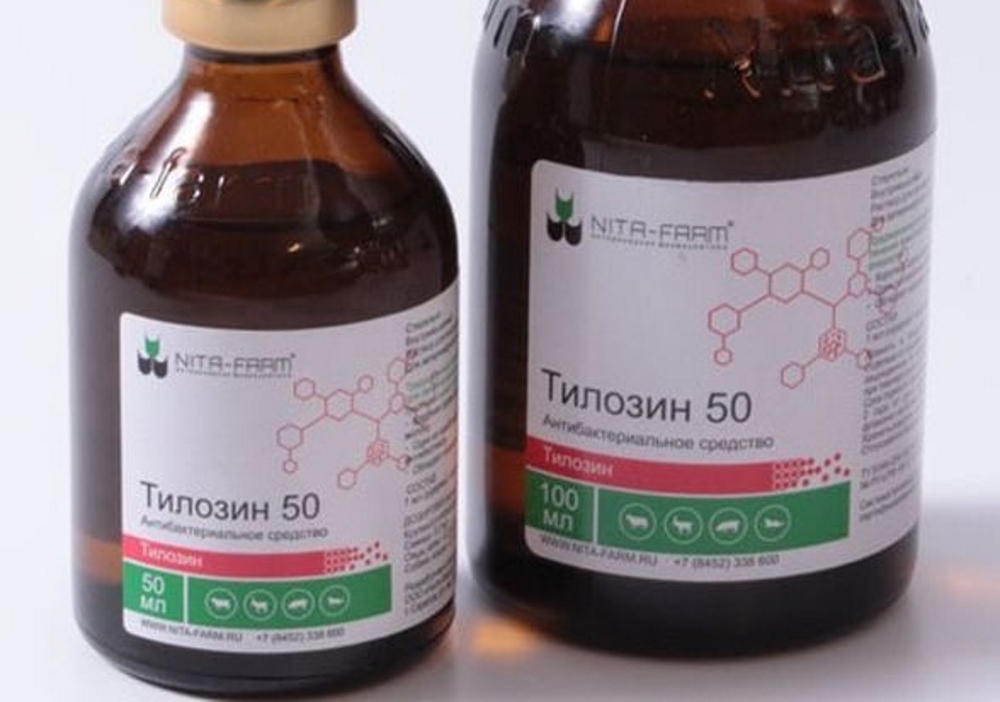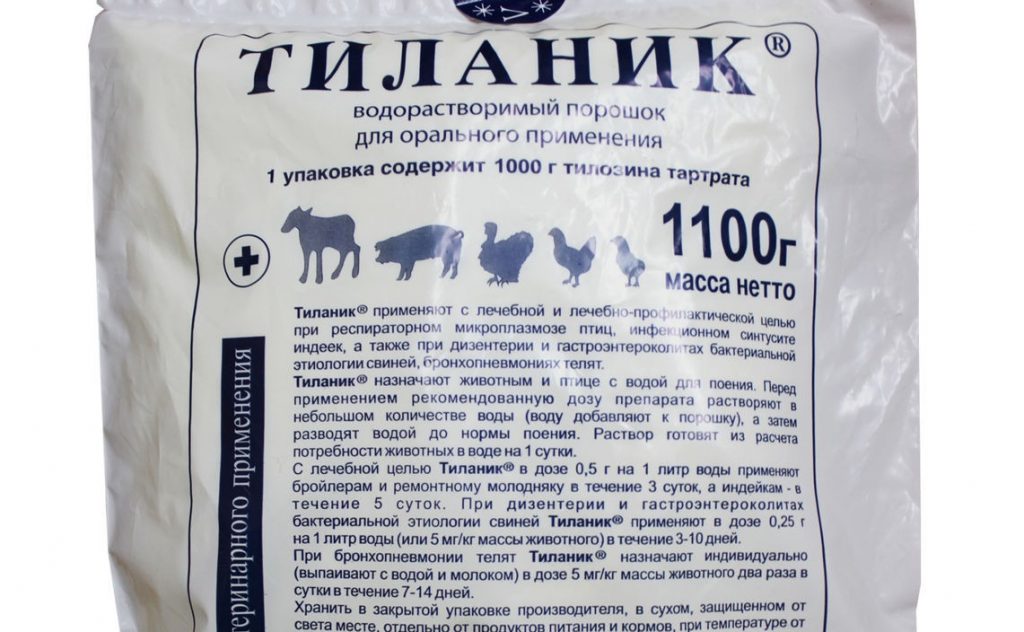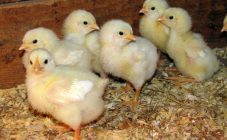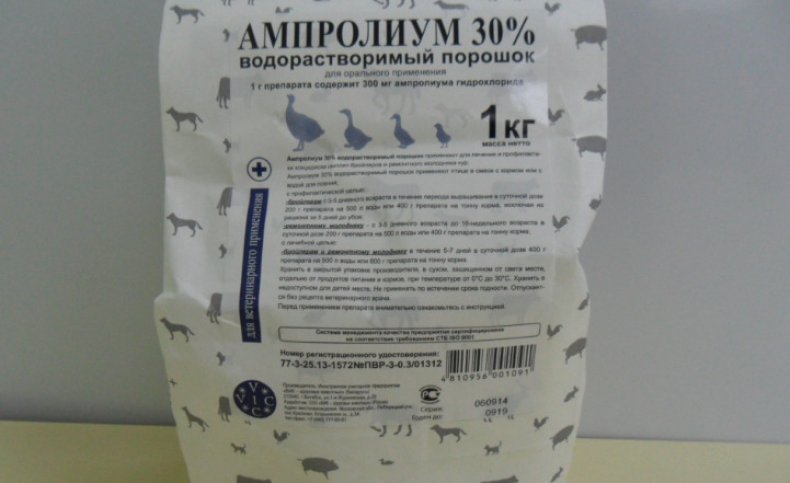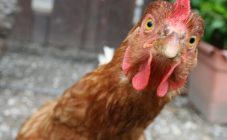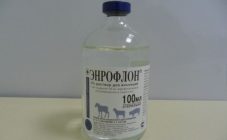Content:
Experienced poultry farmers know that raising a healthy population of chickens is difficult because the birds are often sick. In the case of mass diseases, you should not rely on folk remedies and self-medicate. Medicines of industrial production, for example, tylosin, will come to the rescue.
Tylosin (tilan) for hens, broilers, chickens
Tylosin 200 or tylosin 50 is a drug that can be easily found at any veterinary pharmacy or ordered online. Its international name is tylosin. This is an antibiotic drug.
Tylosin injections are prescribed for such serious diseases as:
- arthritis and arthrosis;
- viral diseases of various etiologies;
- fungal diseases;
- upset stomach and intestines.
The drug acts only on those types of viruses that have not lost their sensitivity to tilan. Therefore, you cannot use it yourself, without consulting a veterinarian. The medicine is often prescribed for broiler chickens.
Description and characteristics of the drug
In modern veterinary medicine, antibiotics are prescribed to birds quite often. Typically, these medications are given in the form of injections (subcutaneous or intramuscular). If the doctor has prescribed tylosin or tilan for broilers, the instructions for use must be carefully read before starting treatment. The drug can be found in different types, dosages. It is a thick yellowish solution in glass jars.
The drug has the following effect:
- enriches the intestinal microflora with beneficial microorganisms and kills all harmful bacteria that are there;
- eliminates an acute or chronic inflammatory process in the body;
- quickly eliminates unpleasant symptoms of inflammation;
- increases the body's resistance to pathogenic bacteria;
- has an antiseptic effect.
Inexperienced poultry farmers, who have been prescribed tylosin by a veterinarian for the treatment of poultry, often do not know which medicine to buy: tylosin 50 or tylosin 200. They differ only in dosage: in the first case it is 50 mg, and in the second 200 mg. Before buying a medicine, you must definitely check the dose with your doctor. If the doctor has prescribed tylosin 50 for chickens, the dosage recommended by the specialist must be strictly followed.
Also, this medicine has an analogue, which is supplied to Russia from Bulgaria. This is a powder called pharmacin. It is also found commercially as Pharmazin 50 and Pharmazin 200, depending on the dosage. This medicine is no different from tylosin, only the country of origin.
Tilan for broilers: instructions for use
If the doctor has prescribed tylosin for broilers, the dosage with water is usually indicated in the instructions for use. Tylosin for chickens is used as follows: the injection solution is diluted with water and injected subcutaneously. The oral injection is also diluted with water depending on the age and weight of the bird.
In the case of a large number of chickens, the medicine for internal use is diluted in drinking water. If the birds have not emptied the drinker in a day, the liquid with the medicine diluted in it must be disposed of. Water with the drug, standing for more than a day, can cause massive poisoning of birds. This is stated in the instructions for use of the medicine.
For mass drinks, the dosage is 5 mg of the medicine for 1 bucket of clean fresh water.If the chicken weighs less than 2 kg, she needs to consume at least 60 mg of the drug in 24 hours. At the first sign of recovery, reduce to 2-3 mg of the drug per bucket of water.
Tylosin for chickens is one of the most effective therapeutic and prophylactic drugs, for example, fungal infections. In this case, the dosage is 0.5 g of tylosin 50 per 1 liter of water. A herd of 1000 young hens will require 35 g of the drug.
The medicine is diluted in water and poured into drinking bowls. Chicks who are not yet 7 days old should receive the drug for 3-5 days in a row without missing a beat. Repeatedly the medicine is given to 4-week youngsters in a course: Tylosin is given for 2 days, a break for 2 days, and so on for 8 days. The drug is well absorbed by the body of birds. Side effects are rare, mostly cases of individual intolerance to individual components of the drug.
The vial with the preparation for injection is kept cold. Before giving an injection, you need to warm it up in your hands.
Chickens, broilers and chickens may feel a little lethargic for a while after treatment. This is normal. This condition goes away quickly and is not considered a side effect.
If the doctor has prescribed tylosin 50, the instructions for use for broiler birds will be the same as for young animals. The main thing is to avoid drug overdose. Tylosin does not cause intoxication of the body, but an excess of any drug creates an additional burden on the body, weakened by the disease.
A beginner's guide
Experienced chicken farm owners often buy this drug. Mostly veterinarians prescribe tylosin for broilers. Here's what the experts recommend:
- Dilute the medicine for oral administration in water at room temperature. If it is cold or hot, the birds will refuse to drink it. Also, the water should not have foreign tastes and smells.
- The less weight and height of the chick, the more difficult it is to give it a subcutaneous injection, therefore it is better for the smallest chicks to give the medicine internally from a pipette, syringe or special drip bowl. These drinkers are sold at pet stores and veterinary pharmacies. If the injections are prescribed, it is better for a specialist to do them.
- If the chicks have a sudden fever or other unusual symptoms after administration of the drug, this may be an allergic reaction. In this case, the antibiotic is canceled. Tylosin has several analogues.
- Tylosin cannot be reused in the treatment of the same disease, since harmful microorganisms quickly adapt to this drug and lose their susceptibility to it.
